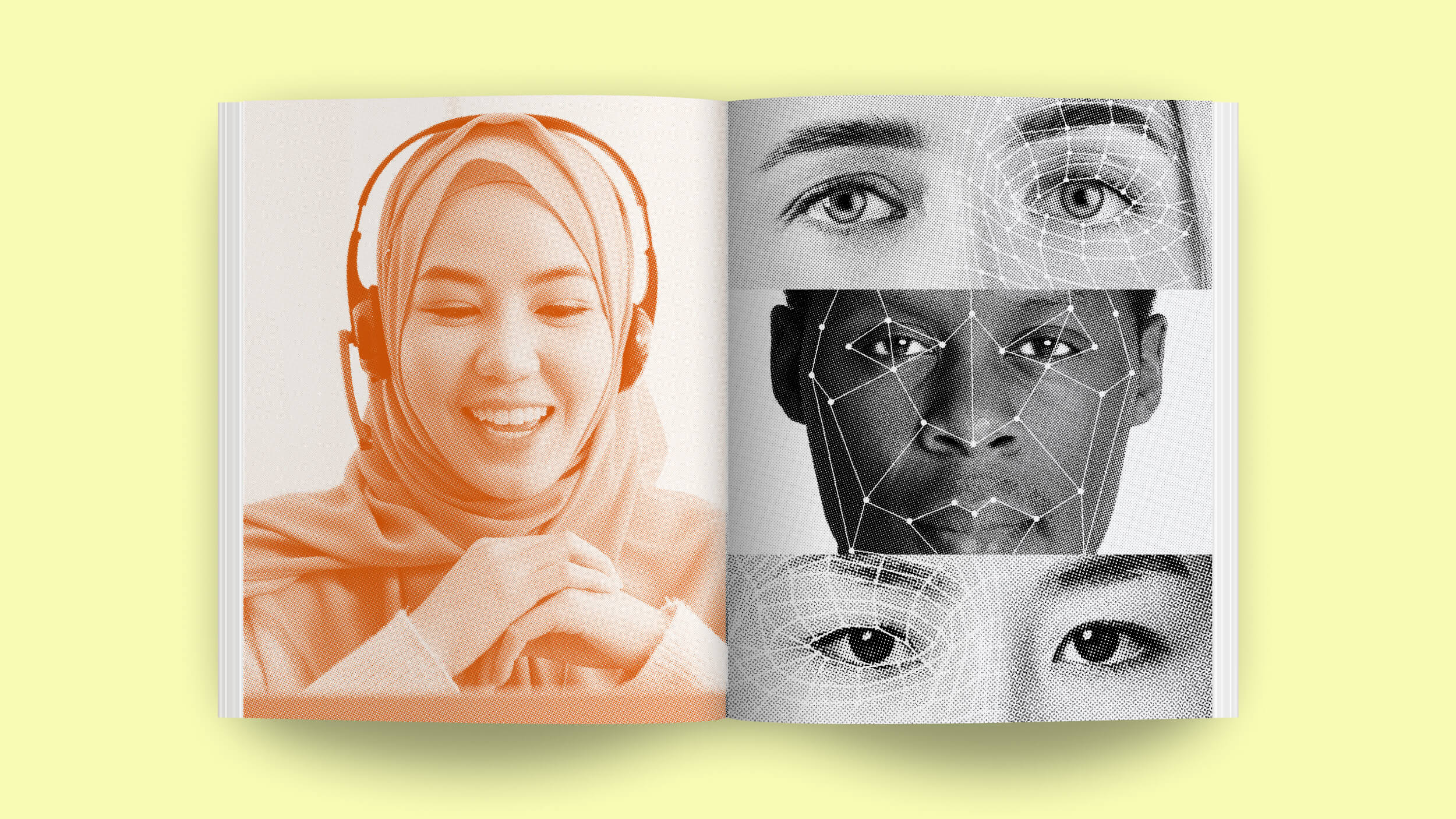Why Women and Men Think Differently: Social Development, Not Gender Stereotypes

What’s the Latest?
Based on interviews conducted with more than 30,000 Europeans aged 50 to 84, researchers at the International Institute for Applied Systems Analysis in Vienna have determined that men and women think differently in two fundamental ways. Women have better episodic memory, i.e. they can recall events more accurately, because memory is strongly associated with emotion. To recall an emotion means to recall the emotion felt at the time. Men showed greater strength than women in numeracy, i.e. the kinds of computational skills required for tasks like physics, engineering, and mathematics.
What’s the Big Idea?
An important question to the researchers was where these difference emerge from? Are they genetic or purely social? Or an amalgamation of the two?
Whether women actually are more empathetic than men is debatable. It may be that society has expected such capacity from the principal child-carers for so long that it has become ingrained. The same goes for numeracy. Is science dominated by men because they are better at it, or because it was a career choice not widely open to women before the late 20th century?
The research notes that when levels of prosperity in a given country increase, women are more likely to benefit from improvements to educational institutions. Ultimately the study shows that any cognitive differences between men and women are not solely inherited.
Read more at the Economist
Photo credit: Shutterstock





